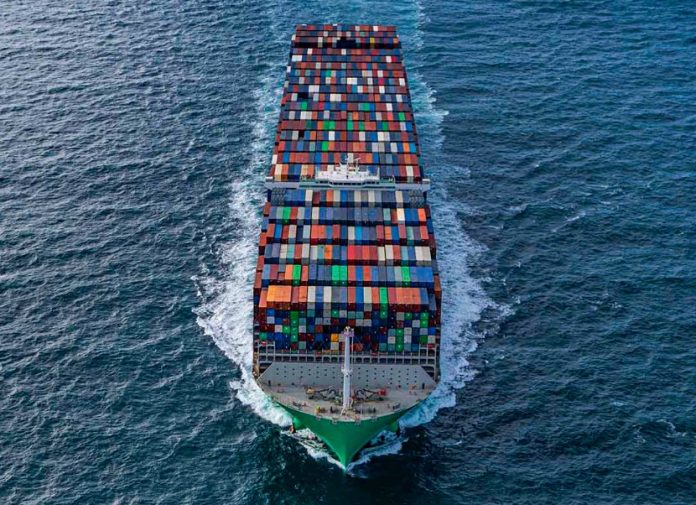This story requires a subscription
This includes a single user license.
According to CMA CGM, the two firms signed a memorandum of understanding on October 18 to establish a long-term industrial partnership on biomethane, a renewable fuel produced through waste recovery, to help decarbonize shipping in Europe,
The MoU sets out three main areas of collaboration, including the supply by SUEZ of up to 100,000 tonnes of biomethane per year by 2030.
CMA CGM said it would use this biomethane for its gas-powered ships.
Moreover, the two firms plan to create a joint investment structure with an initial funding of 100 million euros ($108 million) for the first stage of the cooperation by 2030 to develop biomethane production facilities.
These sites, initially located in Europe, would supply both CMA CGM and other players in the sector.
Also, CMA CGM and SUEZ plan joint research and development (R&D) initiatives aimed at designing “innovative” technologies for the production of biofuels, in particular via a hydrothermal gasification process.
CMA CGM has set a goal of achieving net zero carbon emissions by 2050.
Pioneering the use of alternative fuels, the group has invested 18 billion dollars in orders for 131 vessels capable of using biomethane, biomethanol, and synthetic fuels, which will be operational by 2028.
Most of these vessels are LNG dual-fuel, including the giant 23,000-teu LNG dual-fuel containerships.
In July, CMA CGM ordered 12 more LNG dual-fuel containership worth about $2.66 billion in South Korea.
In addition, LNG Prime was the first to report last year that CMA CGM had decided to switch an order it placed at China’s SWS for methanol-powered containerships to LNG fuel.
This order, worth about $1 billion, is for eight vessels with a capacity of 9,200 teu.

